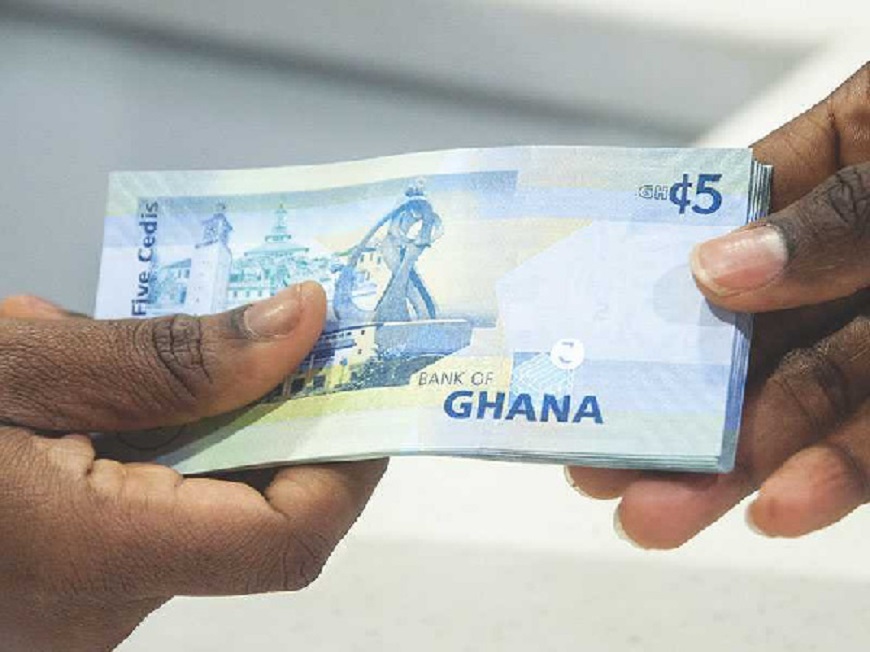The inflation rate in Ghana surged to 31.7% in July, according to the latest Consumer Price Index & Inflation report by the Ghana Statistical Service.
A copy of the report, obtained by Business Insider Africa, showed that the inflation rate in the West African nation exceeded the Bank of Ghana’s target band of 6% to 10%, thus jumping from 29.8% in June to its current level.
Note that this is the 15th consecutive monthly increase for Ghana’s inflation rate and the highest level on record since December 2003.
The surge in inflation was caused partly by a drastic (over 30%) depreciation of the cedi since January. According to data tracked by Bloomberg, the Ghanaian currency is currently the second worst performing currency in the world in 2022, second only to the Sri Lankan rupee.
Unfortunately, the cedi’s steady decline against the dollar has inevitably impacted its performance in the foreign exchange market, even as the costs of importing products into Ghana (especially fuel and food items) have surged.
The prices of imported products have also been outpacing their local counterparts for the past four months.
With Ghana’s inflation rate now at 31.7%, the country has joined the “uncelebrated” list of top African countries with the highest inflation rates.
Below are other key takeaways from the CPI report:
- Food infl. (0.437) was 32.3%
- Last month, food infl. was 30.7%
- The average food infl. over the last 12 months was 19.4%
- Month-on-month Food inflation was 3.3%.
- Non-food Infl. (0.563) was 31.3%
- Last month this was 29.1 %
- The average over the last 12 months was 17.2%
- Month-on-month Non-Food infl. was 3.0%
- Infl. for locally produced items was 30.9%
- Infl. for imported items was 33.9%











